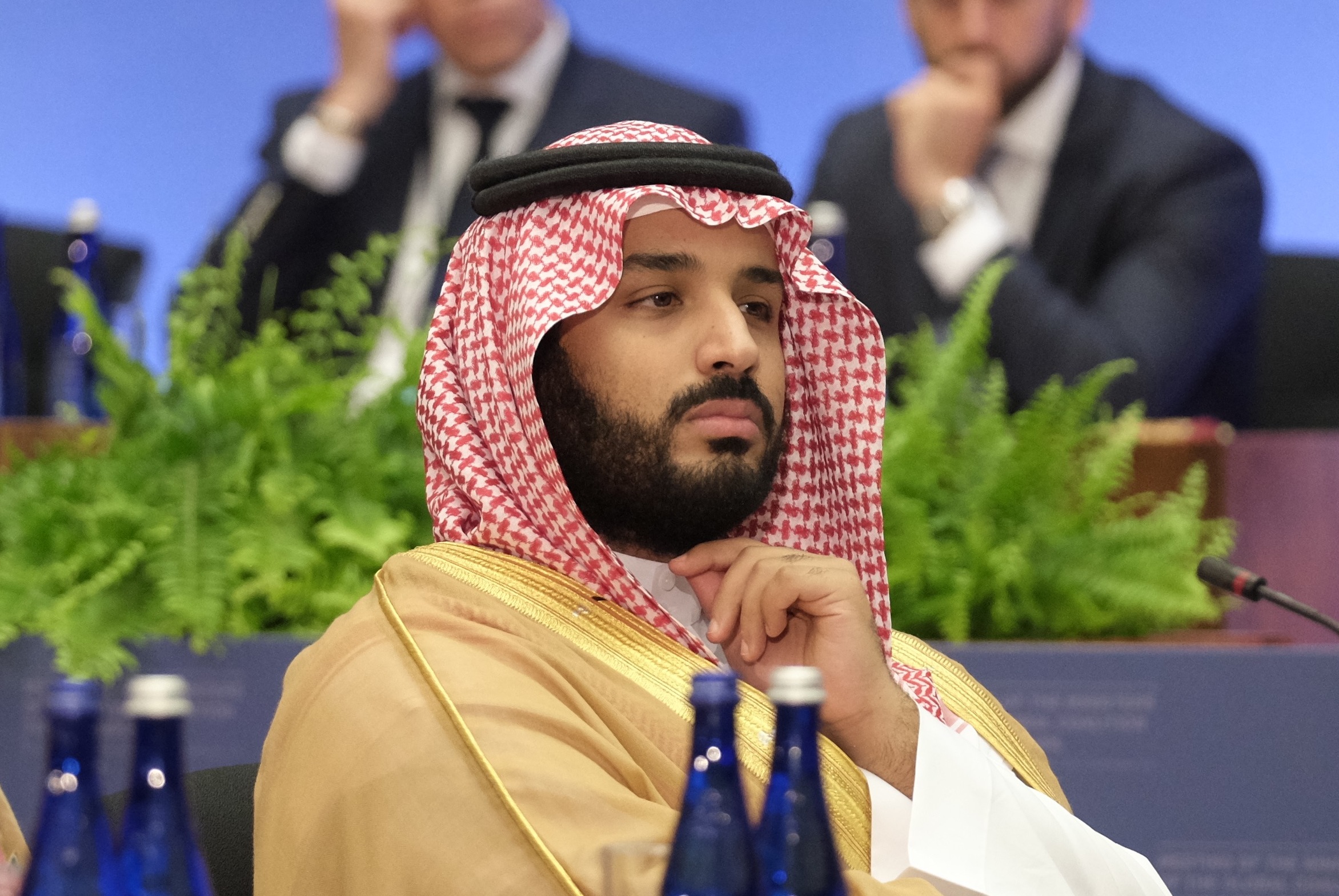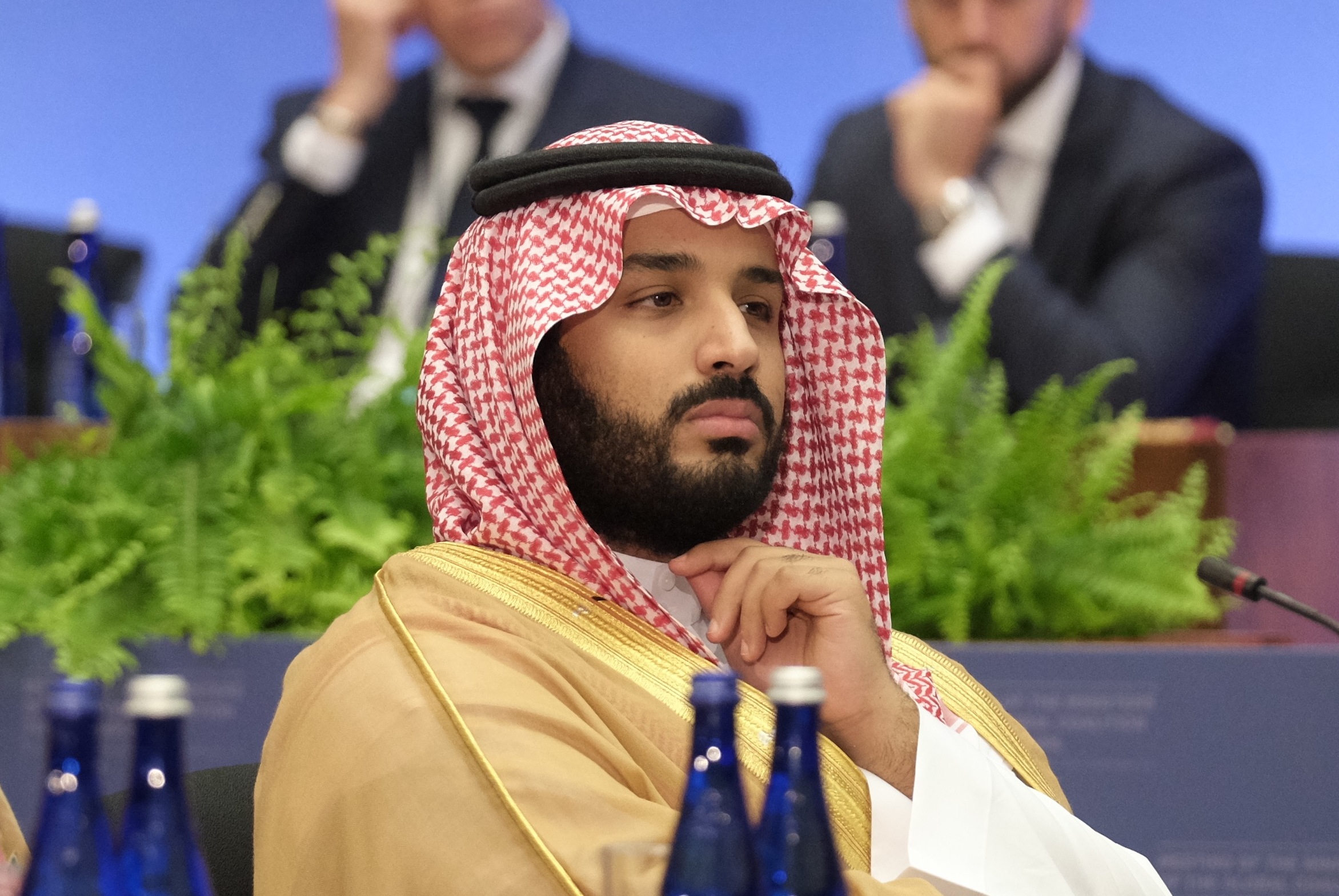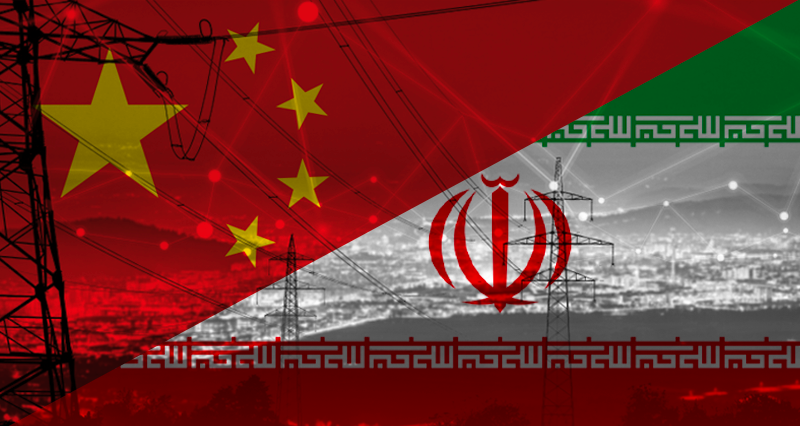Saudi Arabia is well known to be the United States’ anchor in the Middle East. Why, then, did Saudi crown prince Mohammed bin Salman engage in an official tour of Asia including Pakistan, India and China, without Washington’s approval?
Those familiar with the situation in the middle east already understand that there is no definite answer to the question. In any event, the importance of bin Salman’s tour cannot be overestimated.
Despite the fact that Saudi Arabia is perceived by the world community as a petro-state. In the medium term, it will have to restructure its oil-dependent economy and diversify. In addition, it is clear that if the US Congress and President Trump approve the proposed “No Oil Producing and Exporting Cartels Act” (NOPEC), aimed at giving the US the opportunity to bring OPEC countries to court for manipulating energy prices, it will profoundly impact Saudi Arabia. It would not be much of an exaggeration to put an equal sign between Saudi Arabia and Aramco, their state-run oil company.
For this reason, Saudi Arabia has a serious need for investment from Western countries. And although very large sums of money were spent on the Global Financial Forum held in Riyadh to attract these investments, the Saudi crown prince’s loss of credibility following the murder of journalist Jamal Khashoggi prevented the Saudis from meeting the forum’s economic goals. In addition, a recent EU statement naming Saudi Arabia as a sponsor of terrorism is likely to speed up the slowdown in international investments.

Under these conditions, bin Salman went to China and India to persuade these countries to invest in Saudi Arabia. However, it is difficult to imagine the efforts will be tremendously successful, due to the fact that bin Salman has lost not only the support of the world community but also of its own people, making his political future very dubious. What investor will decide to drop billions of dollars on a state with a closed structure based on the authoritarity of a single person when that person has a reputation as bad as bin Salman’s?
Equally important is the fact that China and India, whose reputations have also been stained by regular human rights abuses, do not have enough moral authority to “restore” the shaken image of bin Salman.
Saudi Arabia, which since its founding has not been able to shake off the influence of England and America and pursue an independent course, at least used to have the opportunity to strengthen its position by playing with prices oil. However, bin Salman’s involvement in the Khashoggi case and the humanitarian tragedy in Yemen have left the Trump administration with serious leverage over Riyadh. Under these conditions, bin Salman has almost no room to make political maneuvers.
With the visits to Pakistan, India and China, bin Salman attempted to free himself from the Trump administration’s “stranglehold” and get a little breathing room…
In addition, the meeting in Vienna showed us that the Pentagon is very much in need of bin Salman, both for Israel’s success in its regional policy and in terms of countering Iran. With this in mind, we might characterize bin Salman’s tour a “journey of hope.”

















Leave a Reply